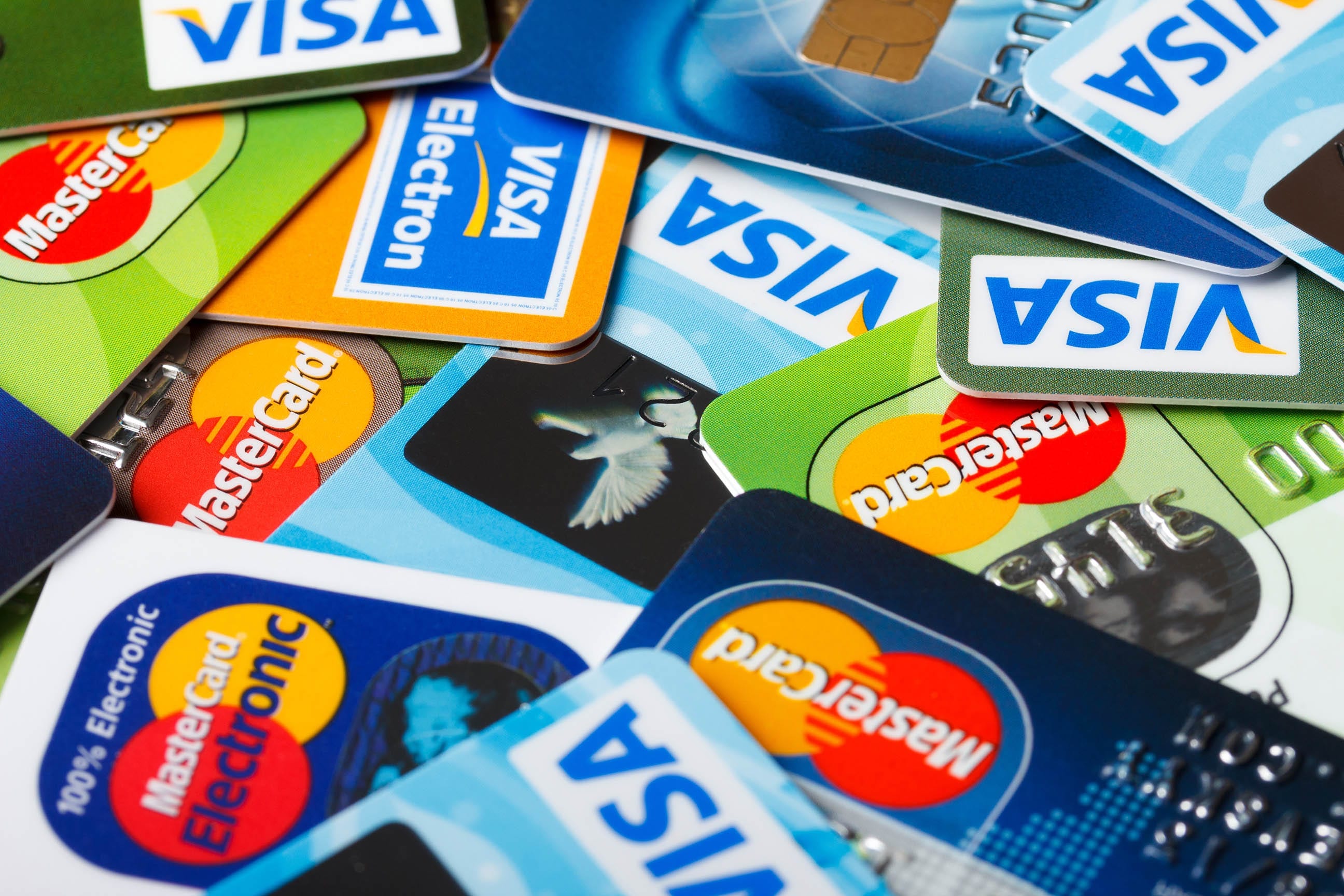While talking about the retirement plan, financial advisers mostly focus on how much you need to save. But you should know, that to cut your debt is not any less important, especially your mortgage and credit cards. And in order to get out of debt you need to:
1. Evaluate Your Debt
The first thing you should start with is figuring out how much debt you have to deal with. So, take a piece of paper, and put down all of your debts. This includes credit cards, charge cards, mortgages, home equity loans, car loans, personal loans, medical bills and any other debts that you’ve got. Beside each debt, include in this list the associated interest rate and minimum monthly payment. Now, count up all of your entries, and you see a true picture of your current debt load.
2. Make a Budget
A carefully thought out budget will help you to get out and stay out of debt. Be honest with yourself about your spending habits and you’ll receive a much more realistic picture. Make a list of your usual monthly expenses (do not forget about fun things, hobbies and entertainment) and calculate how much you make per month including all forms of your income. And then create a budget that will minimize the usage of credit cards, cash-only is your goal.
3. Reduce Your Spending
In order to get money for debt repayment you will have to cut your spending. Look for some ways to lower your phone and electronic bills, auto and homeowner’s insurance and all your other bills. In such way, you’ll able to use your savings directly for your debts and enjoy the fact, that you’re on the right way to a debt-free life.
4. Begin Saving
While getting out of debt, the avoiding new debt is important as well as paying off debt. So, it’s very important for you to be prepared for some unexpected expenses – such as medical bills or car repairs – that could make you start spending with your credit card again. Assess how much it may cost you and put that sum aside. You should understand that fact that building up your emergency fund may take a lot of time. So, even $20 a month will help, just do not worry if that’s all you can afford.
5. Struggle With Your Debt
Now, when you have finished with all of the previous steps, it is the right time to start struggling with your debt. Apply the money you’ve saved with your new budget to your debt. Keep this way until all your debts will gone. Of course, it may take a while, but if you adhere to this plan you’ll become a happier, stronger and debt-free person.
